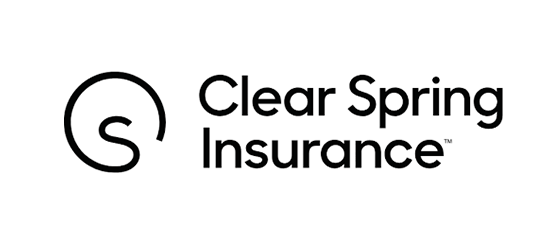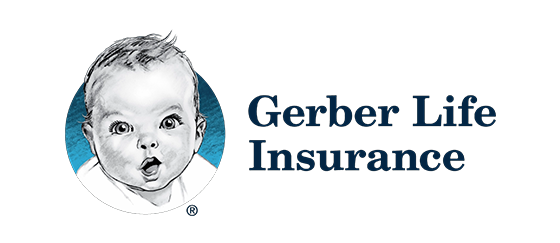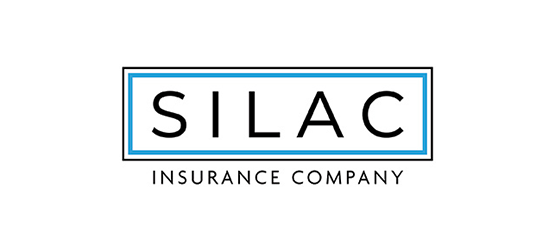What is Disability Insurance?
Disability insurance provides financial protection by replacing a portion of your income if you are unable to work due to an illness, injury, or disability. This essential coverage helps ensure that you can maintain your lifestyle, pay bills, and support your family during times when you cannot earn a paycheck.
Disability insurance is often referred to as “income protection,” offering peace of mind that your financial obligations will be met even if you face temporary or permanent work interruptions. It’s available as short-term or long-term coverage, catering to different needs and scenarios.
Key Features of Disability Insurance
- Income Replacement: Provides a percentage of your pre-disability income, typically 50–70%, to help cover essential expenses.
- Short-Term and Long-Term Options: Choose coverage for temporary disabilities or long-term conditions.
- Flexible Policies: Customize your policy with riders, elimination periods, and benefit durations to fit your needs.
- Tax-Free Benefits: If paid with after-tax dollars, benefits are usually tax-free.
- Supplemental to Workers’ Compensation: Covers non-work-related injuries or illnesses not covered by workers’ compensation.
Benefits of Disability Insurance
- Income Security: Ensures you can maintain your financial stability even when you cannot work.
- Flexibility: Use benefits for any purpose, including mortgage payments, childcare, or medical bills.
- Peace of Mind: Protects your family’s financial future by replacing lost income.
- Customizable Coverage: Tailor your policy with options like cost-of-living adjustments (COLA) or residual benefits.
- Wide Applicability: Covers both work-related and non-work-related disabilities.
Types of Disability Insurance
- Short-Term Disability Insurance: Provides coverage for temporary disabilities, usually lasting 3–6 months.
- Long-Term Disability Insurance: Covers extended periods of disability, often until you can return to work or reach retirement age.
- Individual Disability Insurance: Purchased directly by individuals, offering tailored coverage.
- Employer-Sponsored Disability Insurance: Provided through workplace benefits, often at a lower cost.
- Supplemental Disability Insurance: Adds extra protection to an existing policy to ensure adequate income replacement.
Limitations of Disability Insurance
- Benefit Caps: Policies may have limits on the monthly benefit amount.
- Exclusions: Certain conditions, such as pre-existing disabilities, may not be covered.
- Waiting Periods: Benefits only begin after an elimination period, typically ranging from 7 days to 90 days or longer.
- Cost: Premiums can be higher for comprehensive, long-term policies.
Who Should Consider Disability Insurance?
Disability insurance is ideal for:
- Professionals and business owners who rely on their income to support their lifestyle or operations.
- Individuals with dependents who need financial protection in case of lost income.
- People with physically demanding jobs that increase the risk of injury.
- Anyone without significant savings to cover an extended period without income.
Example Scenarios for Disability Insurance
- Temporary Injury: A construction worker suffers a broken leg and receives short-term disability benefits to cover bills and medical expenses during their recovery.
- Chronic Illness: A teacher diagnosed with a long-term illness uses their disability policy to maintain financial stability while unable to work for several years.
- Supplementing Employer Benefits: A self-employed consultant purchases an individual disability policy to ensure income continuity in case of an injury or illness.
Common Misconceptions About Disability Insurance
Misconception 1: Disability insurance is only for workplace injuries.
- Reality: Most disabilities are caused by illnesses or accidents that occur outside of work, and disability insurance covers these situations.
Misconception 2: I don’t need it because I’m young and healthy.
- Reality: Accidents and illnesses can happen at any age, and younger individuals often qualify for lower premiums.
Misconception 3: Social Security Disability Insurance (SSDI) is enough.
- Reality: SSDI has strict qualification requirements and provides limited benefits, making additional coverage essential for most people.
FAQs About Disability Insurance
Q: How much income does disability insurance replace?
A: Most policies replace 50–70% of your pre-disability income, depending on the policy terms.
Q: What is an elimination period?
A: The elimination period is the waiting time before benefits begin, typically ranging from 7 days to 90 days or more.
Q: Is disability insurance tax-free?
A: Benefits are tax-free if you pay premiums with after-tax dollars. If your employer pays the premiums, benefits may be taxable.
Q: Can I buy disability insurance if I’m self-employed?
A: Yes, individual disability insurance is available for self-employed individuals to protect their income.
Tips for Choosing the Right Disability Insurance Policy
- Assess Your Income Needs: Determine how much income you need to replace to cover essential expenses.
- Understand Policy Terms: Review the elimination period, benefit duration, and monthly benefit amount.
- Choose the Right Coverage Type: Decide between short-term and long-term disability insurance based on your needs.
- Consider Riders: Add features like residual benefits, cost-of-living adjustments, or own-occupation coverage.
- Work with a Licensed Agent: Consult an expert to find a policy tailored to your financial goals and lifestyle.
Why Disability Insurance is Essential
Your income is one of your most valuable assets, and protecting it should be a priority. Disability insurance ensures you can maintain financial stability and provide for your family, even if an illness or injury prevents you from working.
With customizable options, tax advantages, and broad coverage, disability insurance offers the peace of mind you need to navigate life’s uncertainties. Whether you’re a professional, business owner, or caregiver, this policy safeguards your financial future and ensures that a disability doesn’t derail your life plans.
Privacy and Compliance
We are committed to protecting your personal information. Our platform adheres to HIPAA, FTC, and FCC regulations, ensuring your data is secure and handled with care throughout the application and claims process.
Protect Your Income, Protect Your Future
Ensure financial security if an illness or injury keeps you from working.






































